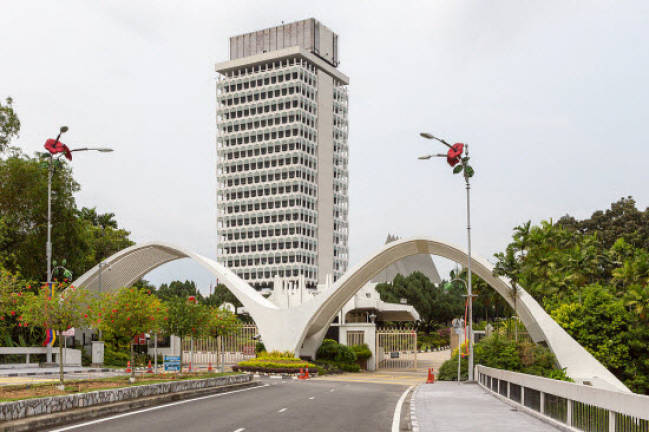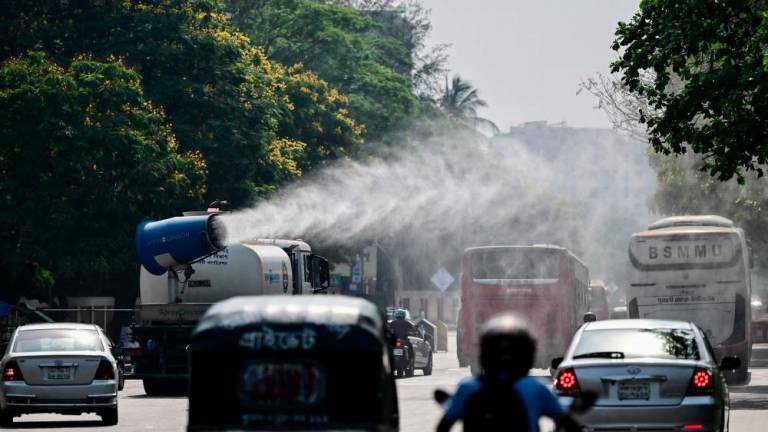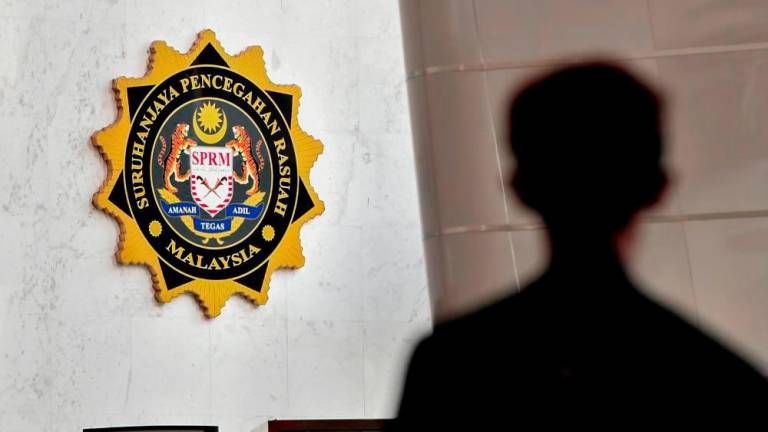PETALING JAYA: Amid calls for a law to deal with hate speech, there are concerns that such an enactment could infringe upon freedom of expression.
Criminologist Datuk Seri Akhbar Satar said it would be more appropriate to strengthen existing laws instead of passing new ones.
The former Transparency International-Malaysia president urged the government to define the specific legal framework in provisions such as Section 503 to 505 of the Penal Code, the Sedition Act 1948, and the Communications and Multimedia Act 1998 to deal with such offences.
“We are fond of having new laws and there are too many existing laws, but enforcement is weak,“ Akhbar told theSun.
“We have general provisions and only basic laws that address certain elements of hate speech. They are only as good as their enforcement. Be firm in applying them on those who transgress. That will send a clear message to all.”
Current President of Transparency International-Malaysia Dr Muhammad Mohan said public perception is that no action has been taken against offenders as the current laws are too weak.
“It is important that the government acts immediately,” he said.
“If the government needs to tidy up the framework, then it has to do it fast.”
Malaysian representative to the Asean Intergovernmental Commission on Human Rights, Eric Paulsen, said there are no clear international guidelines on what constitutes hate speech.
This could lead to a situation where discussion of any sensitive topic such as race, religion or royalty might be labelled as “hate speech” when that should not be the case, Paulsen said.
“We must be careful not to conflate ‘fake news’ and ‘hate speech’ as both terms are not universal nor well defined.”
“However, the important point is that we should only criminalise ‘fake news’ and ‘hate speech’ when the offensive speech (crosses) the criminal threshold, when it amounts to incitement, intimidation or causes public security or disorder.”
Eric said hate speech that is not criminal is still deplorable, but it should be addressed via other methods such as campaigns and education.
“Instead of resorting to a blanket or arbitrary criminalisation of (propagation of) ‘fake news’, the government may instead promote digital literacy by educating the public on methods to identify such posts and not to share them uncritically,” he said.
The lawyer pointed out that Sections 503 to 505 of the Penal Code should be amended to take into account technological advancements in the way offensive content is disseminated.
He said Section 233 of the Communications and Multimedia Act should also be amended to clearly define “prohibited communications”.











